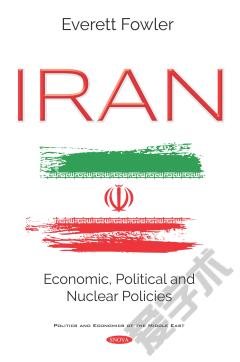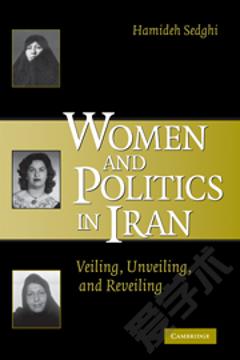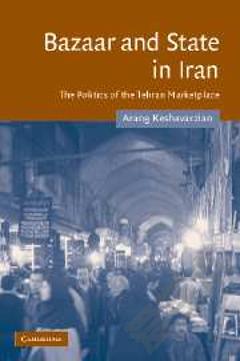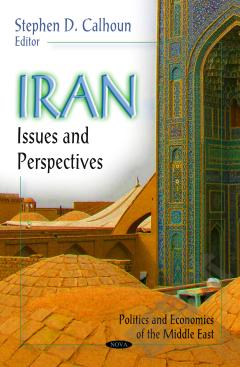Iran: Economic, Political and Nuclear Policies
Since the Islamic Revolution in Iran in 1979, the United States and Iran have been estranged and at odds. During the 1980s and 1990s, U.S. officials identified Iran’s support for militant Middle East groups as the primary threat posed by Iran to U.S. interests and allies. Iran’s nuclear program took precedence in U.S. policy after 2002 as the potential for Iran to develop a nuclear weapon increased. In 2010, the Obama Administration orchestrated broad international economic pressure on Iran to persuade it to agree to strict limits on the program—pressure that contributed to the June 2013 election of the relatively moderate Hassan Rouhani as president of Iran and the negotiation of a nuclear agreement—the “Joint Comprehensive Plan of Action” (JCPOA). The JCPOA exchanged sanctions relief for limits on Iran’s nuclear program. The JCPOA reduced the potential threat from Iran’s nuclear program, but did not contain strict or binding limits on Iran’s ballistic missile program; its regional influence; its conventional military programs; and its human rights abuses. The Trump Administration cited these deficiencies of the JCPOA in its May 8, 2018, announcement that the United States would exit the JCPOA and reimpose all U.S. secondary sanctions by November 4, 2018.
{{comment.content}}








 京公网安备 11010802027623号
京公网安备 11010802027623号